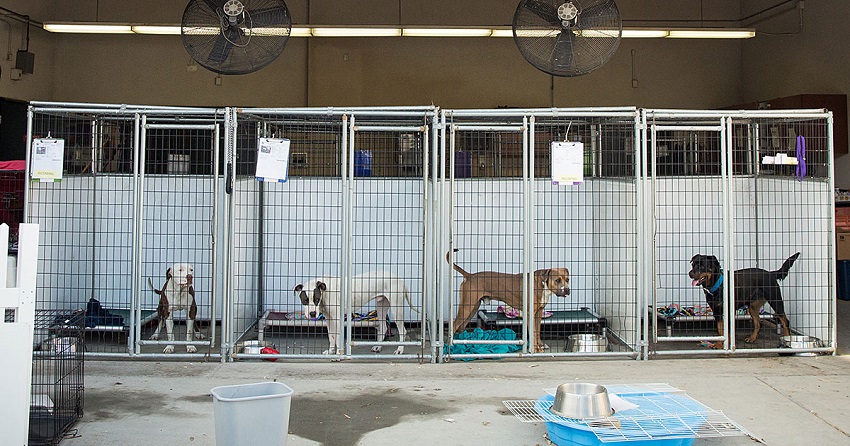Pets enrich our lives in countless ways. They provide companionship, unconditional love, and even teach us responsibility. However, pet parenting comes with its fair share of challenges. Whether you’re a new pet owner or a seasoned one, this guide is here to help you navigate the ups and downs of pet care, ensuring your furry or feathered companion thrives.
The Importance of Responsible Pet Ownership
Owning a pet is a commitment that extends beyond providing food and shelter. It involves understanding your pet’s specific needs, providing appropriate care, and addressing any behavioral issues that may arise. Responsible pet ownership not only benefits your pet but also contributes to a harmonious household and community.
Understanding Your Pet’s Needs
Different pets have different needs. A cat’s needs will differ significantly from a dog’s, and even within breeds, there are variations. Understanding your pet’s specific needs is crucial to providing optimal care.
- Nutrition: A balanced diet is the foundation of good health for any pet. Consult your veterinarian to determine the right type and amount of food for your pet’s age, breed, and activity level.
- Exercise: Regular exercise helps maintain a healthy weight, prevents behavioral problems, and promotes mental stimulation.
- Grooming: Regular grooming keeps your pet’s coat and skin healthy and can help prevent matting and other issues.
- Veterinary Care: Regular check-ups, vaccinations, and parasite prevention are essential for keeping your pet healthy.
Related: Do Dogs Do Well in Daycare? A Comprehensive Guide
Addressing Common Pet Parenting Challenges
- Behavioral Issues: If your pet exhibits behavioral problems like excessive barking, aggression, or destructive chewing, don’t despair. There are solutions available. Consult a veterinarian or animal behaviorist to determine the cause of the behavior and create a plan to address it.
- Training: Training your pet is an ongoing process that starts from the moment you bring them home. Positive reinforcement methods are often the most effective.
- Health Issues: Like humans, pets can develop health problems. Regular veterinary check-ups can help catch issues early when they’re often easier to treat.
Pampering Your Pet
Caring for your pet goes beyond meeting their basic needs. It’s about enriching their lives and strengthening your bond. Here are some ways to pamper your pet:
- Interactive Toys: Provide toys that stimulate your pet’s mind and encourage them to play. Puzzle toys can be particularly engaging.
- Comfort: Ensure your pet has a comfortable bed and a safe, quiet space where they can retreat when they need alone time.
- Quality Time: Spend time interacting with your pet. Play fetch, go for walks, or simply cuddle on the couch.
- Special Treats: Occasional treats can be a great way to reward good behavior or show your pet some extra love.
The Ultimate Cat Care Guide: Keeping Your Feline Companion Happy and Healthy
Seeking Help and Support
Pet parenting can be challenging, but you don’t have to go it alone. There are many resources available to help you:
- Veterinarians: Your vet is your primary source of information and advice on pet care.
- Pet Trainers: A trainer can help you address behavioral issues and teach your pet essential commands.
- Pet Forums and Communities: Online communities can be a great place to connect with other pet owners, share experiences, and seek advice.
Conclusion
Pets bring immense joy and companionship to our lives. By understanding their needs, providing proper care, and addressing any challenges that arise, you can ensure your furry (or feathered) friend thrives. Remember, responsible pet ownership is a lifelong commitment, but the rewards are immeasurable.





